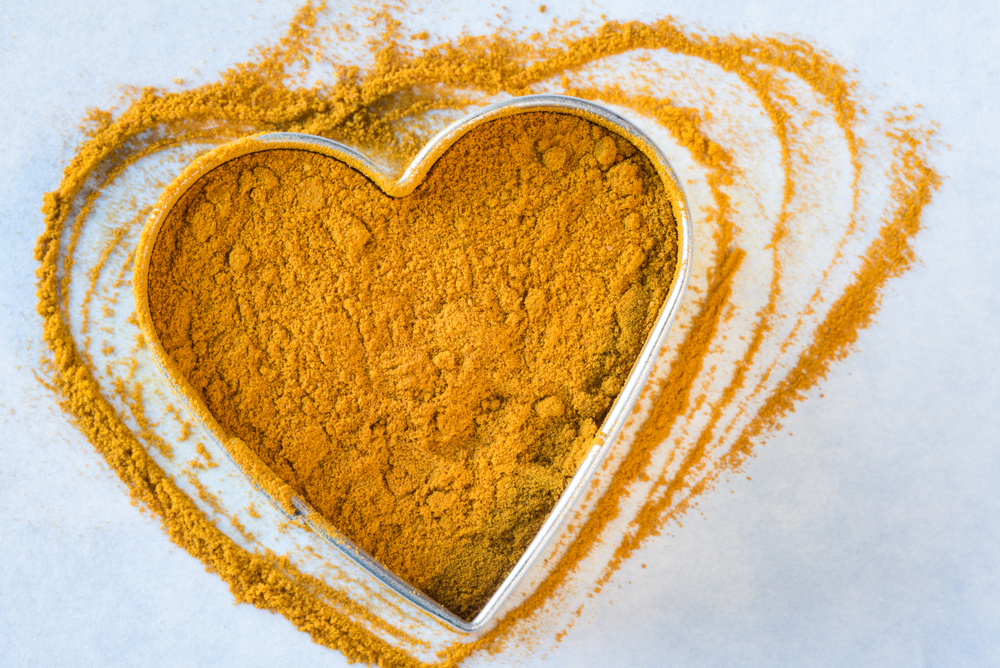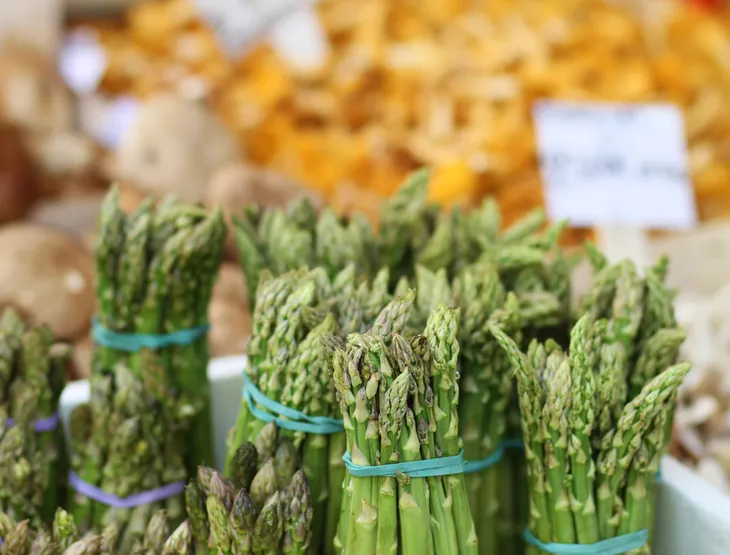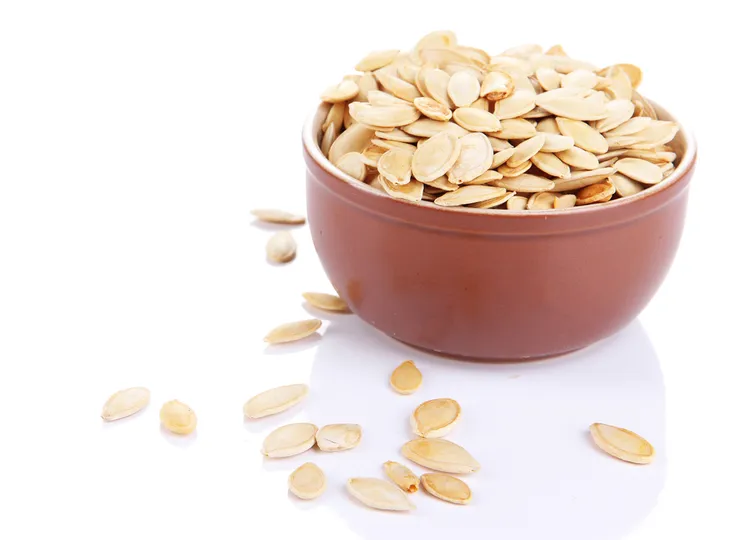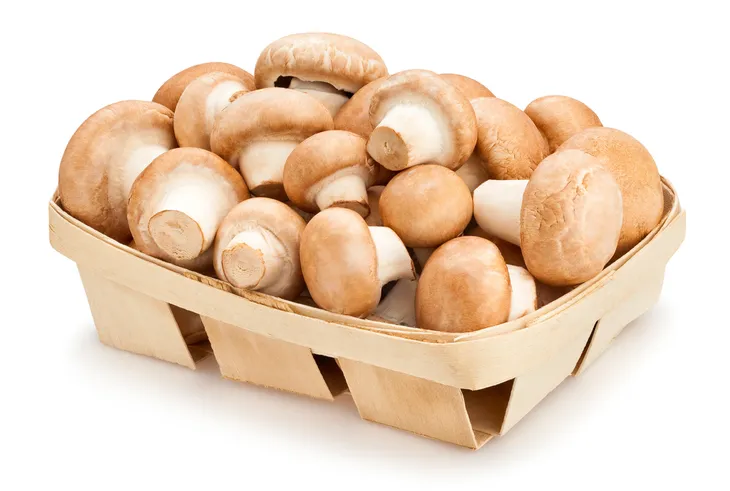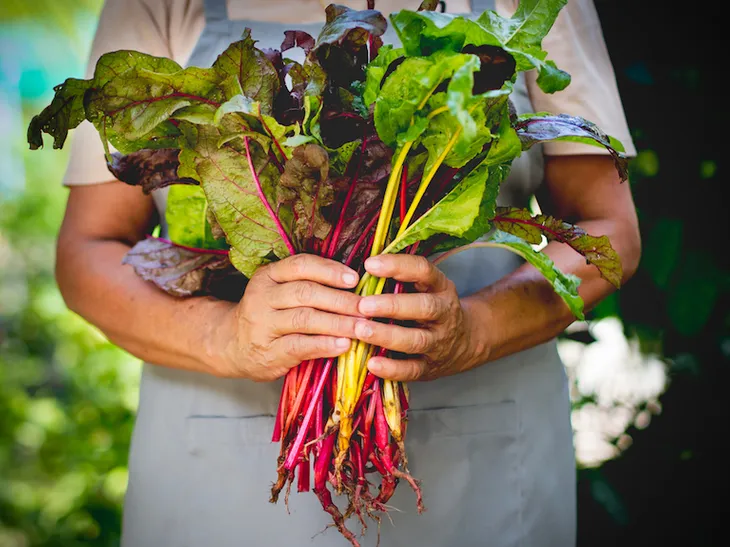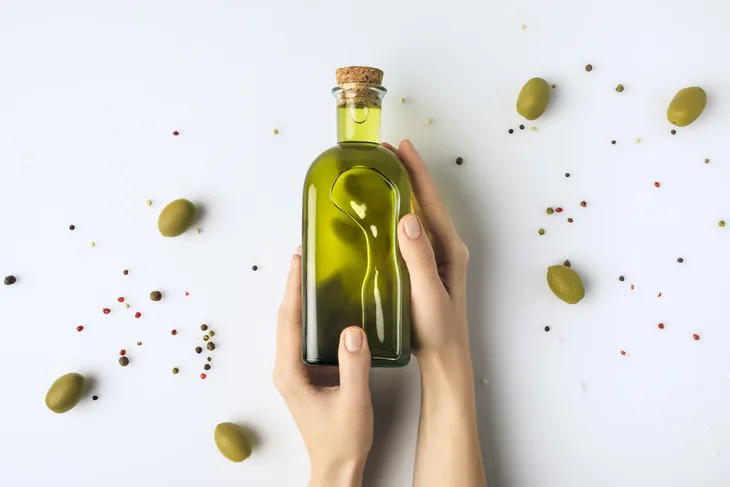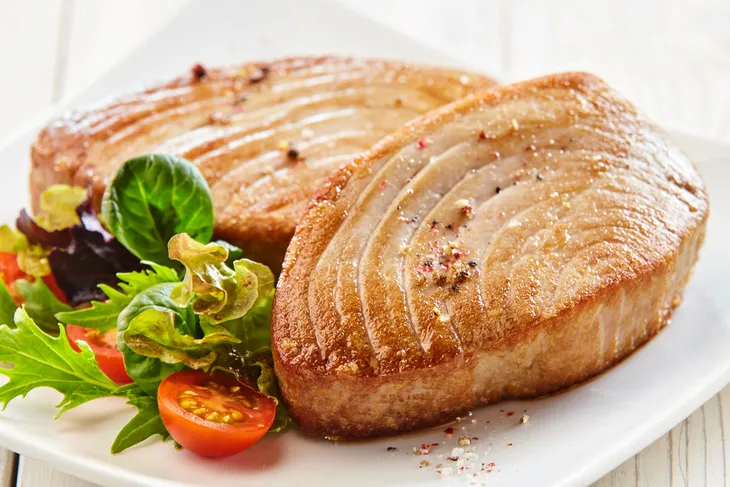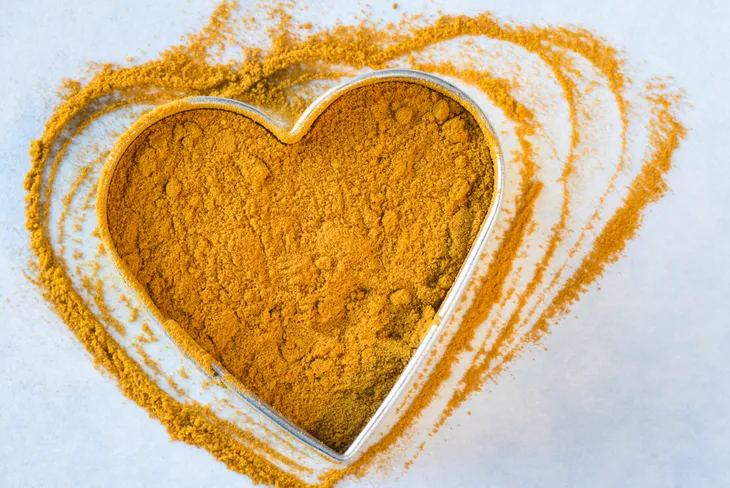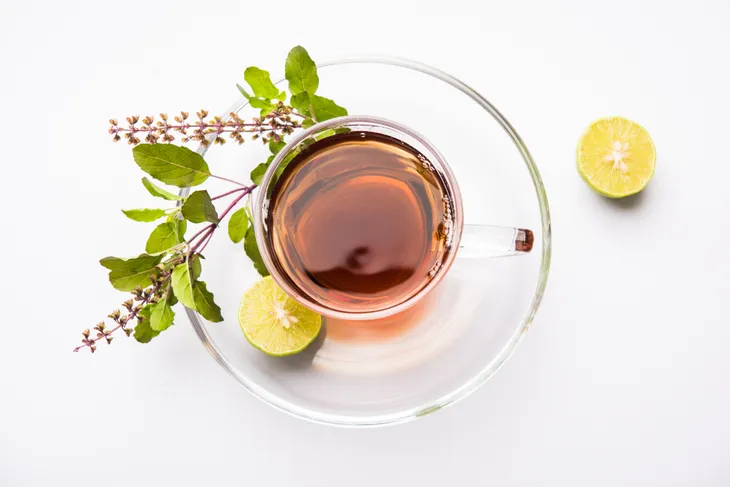When you feel the stress coming on, do you run to the vending machine for a chocolate bar?
It shouldn’t surprise you that many of the “comfort” foods we’re drawn to in times of stress—fast food, refined sweet, and process carbohydrates—often end up exacerbating our stress levels rather than soothing them. So rather than seeking temporary emotional anesthesia with a chocolate bar that will quickly wears off, try noshing on these ten foods with naturally-calming properties…
Want diet & nutrition content delivered straight to your inbox? Sign up for our exclusive diet & nutrition newsletter!
Turkey
Do you know that sleepy feeling that washes over you after enjoying some Thanksgiving or Christmas turkey? That’s tryptophan (or more accurately, l-tryptophan), the amino acid required to produce serotonin (the “feel good” hormone). Just 4-ounces of white meat from this sleep-lulling bird will calm you into a peaceful slumber and help you ward off stress-related depression.
Asparagus
Believe it or not, in addition to delivering up a healthy dose of antioxidants, which reduce the effects of oxidative stress, asparagus, like turkey, is a rich source of tryptophan (a serotonin aid), and a food source that helps balance mood, supports healthy sleep cycles, and calms anxiety attacks and stress.
Pumpkin Seeds
Often time stress worsens when we are nutritionally deficient, particularly in zinc, which helps the body manage stress, balance mood and appetitive, and supports immunity. Luckily, just a small handful of pumpkin seeds are rich in zinc. Not to mention the fact that they taste great combined with a healthy trail mix or when used as a crunchy salad topper.
Shiitake Mushrooms
If you take a page from the Encyclopedia of Nutritional Supplements, you’ll quickly learn that when we’re stressed; we’re often low in vitamin C. That’s why incorporating a vitamin C-rich food, like mushrooms, into your diet can be beneficial for reducing both psychological and physiological anxiety, as well as supporting the immune system, which can get run down when we are stressed out.
Swiss Chard
While magnesium deficiency can cause undue stress in the form of migraines and high blood pressure. Foods rich in magnesium, like Swiss chard and other leafy greens, can soothe the nerves and de-stress the body so effectively that magnesium has been dubbed the “anti-stress” mineral.
Extra Virgin Olive Oil
If you suffer with mild or chronic inflammation, stress is not your ally. In fact, minor stress can exacerbate chronic inflammatory conditions (i.e., celiac disease, lupus, and arthritis). However, a few tablespoons of extra virgin olive oil, an oil especially rich in anti-inflammatory polyphenols, will soothe stress-induced inflammation.
Parsley
You might not think much about the parsley that garnishes your restaurant meal. However, this stress-busting herb is rich in flavonoids, a plant-based antioxidant that safeguards the body from free-radical damage, which is brought on by stress. So incorporate this spicy vegetable into sauces, stir fries, salads, and smoothies.
Tuna
If you live in North America, you’re likely not getting enough omega-3 fatty acids in your diet. Tuna, a bountiful source of “healthy fats” acts as a natural anti-inflammatory, calming chronic stress and inflammation with each small, 4-ounce filet.
Turmeric
A half teaspoon of this colorful, orange spice will boost the beauty of any curry dish. However, the benefits of turmeric go far beyond looks alone. This spice contains curcumin, a natural substance that helps maintain liver health and healthy detoxification, and works to reduce inflammation in patients suffering from osteoarthritis and rheumatoid arthritis. Speak with your doctor and dietitian before starting on turmeric as it can interact with your medications, says Julie Ching, registered dietitian.
Tulsi Tea
You’ve likely seen packages of tulsi tea marketed as “holy basil.” It’s true that this tea derived from the basil herb is considered sacred in India for its medicinal, healing properties. Steep a bag and discover the calming benefits (i.e., reducing stress and improving memory), which are supported via studies from the University of Massachusetts.
